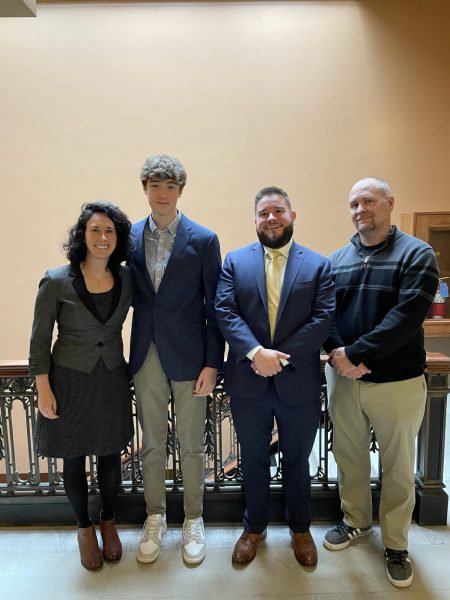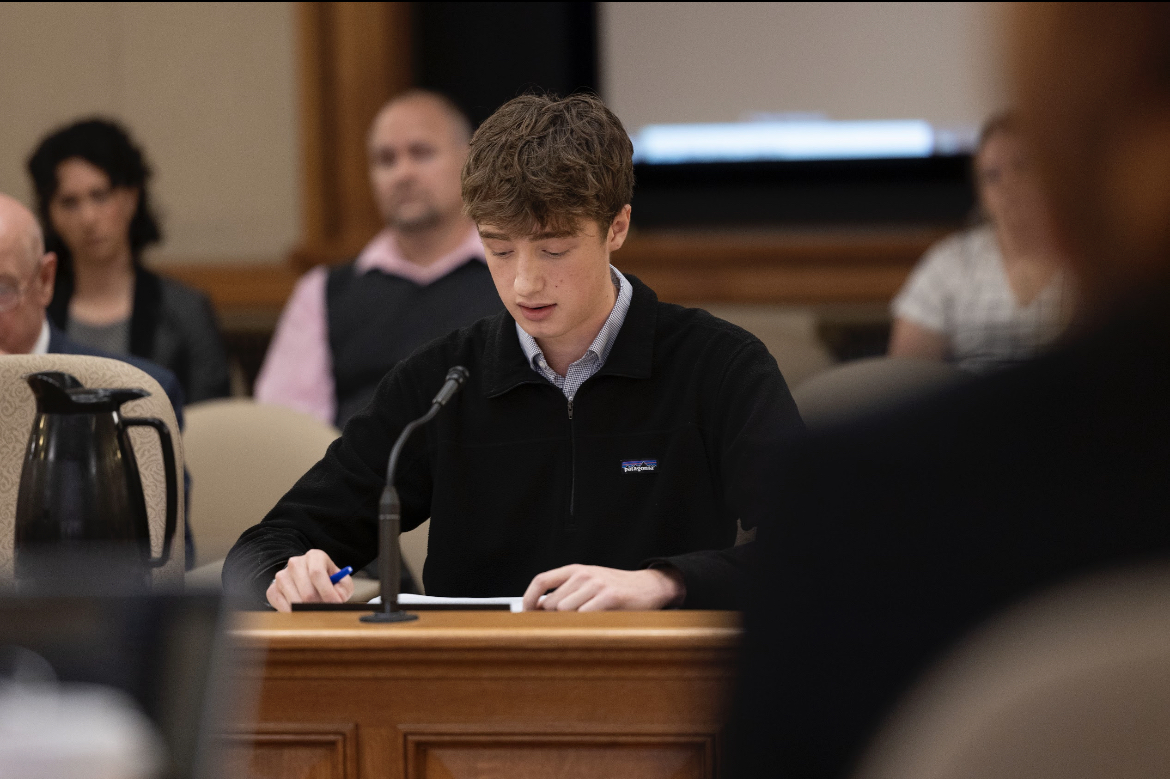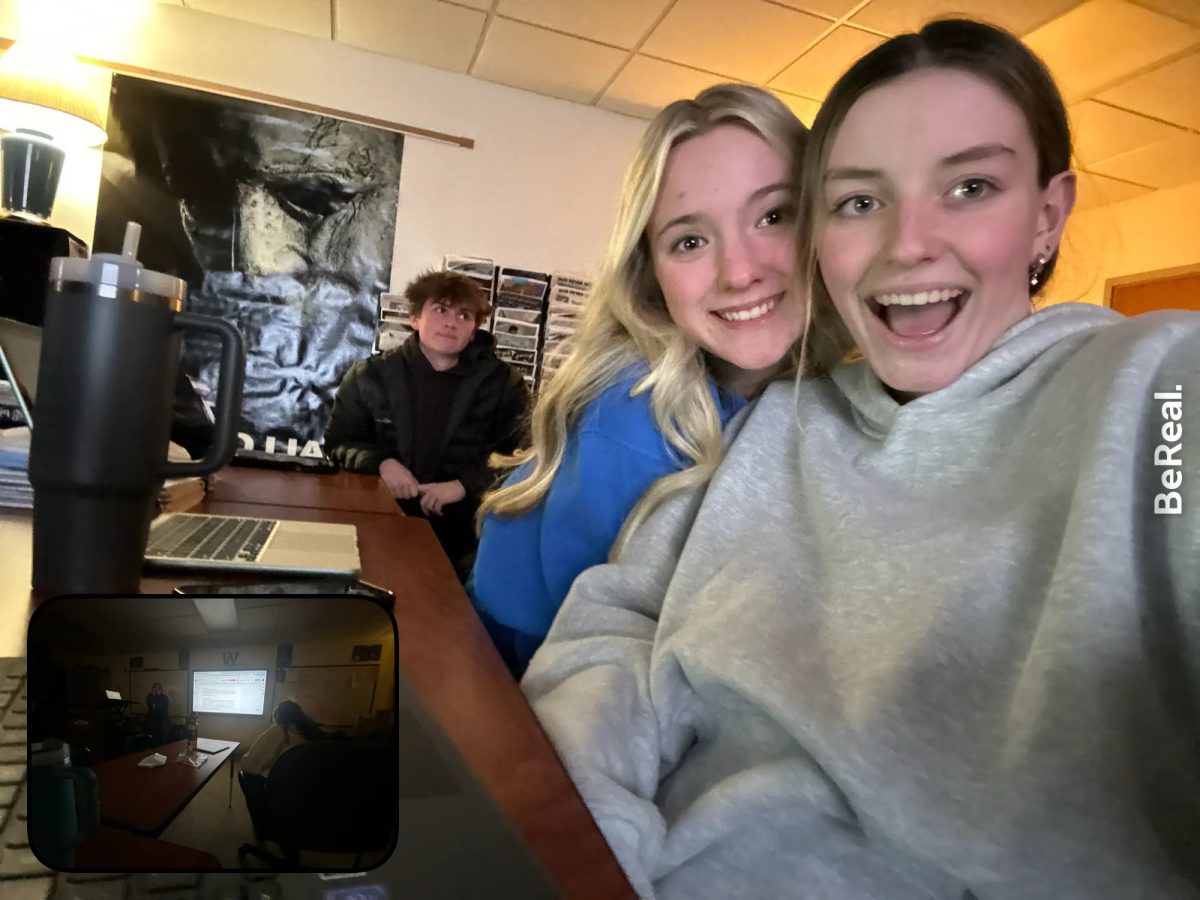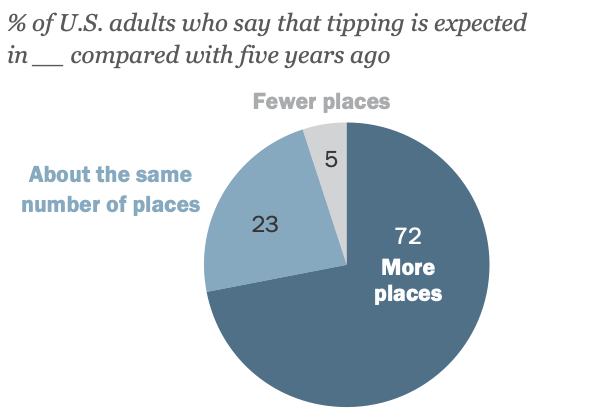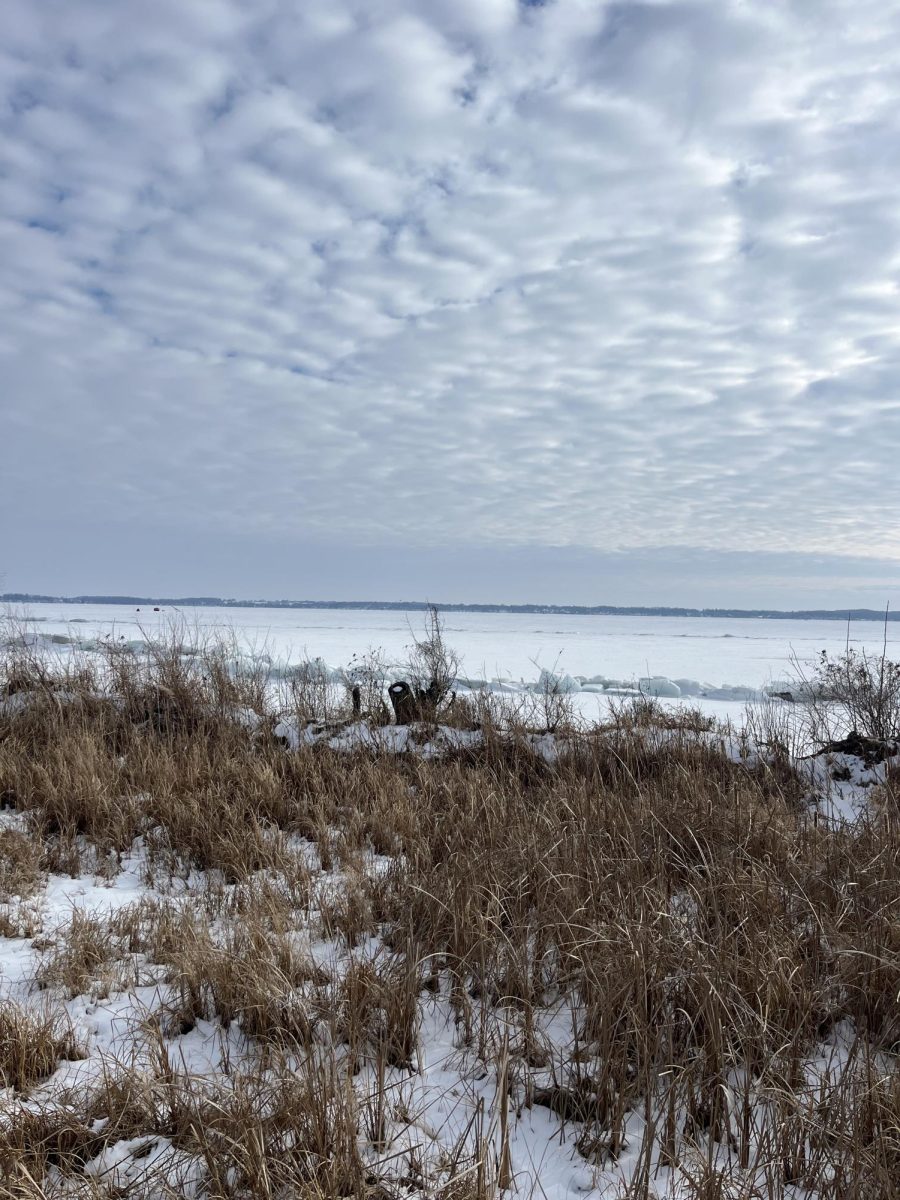Imagine being a student journalist trying to cover the most prevalent and pressing issues in your school community. A local tragedy, a controversial school board decision, or discussing big world issues like gun violence, sexual assault, and climate change. These aren’t easy conversations, but they are vital to a healthy and open community. High school student journalists are the last line of defense against misinformation and the first on call after a pivotal local event that otherwise may have been forgotten. High school student journalists are absolutely crucial to holding our leaders accountable and stretching our democracy on all levels.
Currently, in Wisconsin, student journalists are 100% subject to strict and unfair policies by school administrators and school boards regarding their ability to publish articles. Wisconsin has no statewide standard on what school administrators can and can’t censor or take away from the public. The policy is left up to each local school board, which leaves uncertainty for students trying to report on important issues at their campuses. Due to this lack of statewide policy, school administrators can implement any policy they wish, often leaving students subject to censorship at any time. If a principal is offended by an Opinions piece; it is censored. If a school superintendent doesn’t like an article that covers a controversial decision, it is censored. If a school’s athletic director disapproves of an article about the sports budget, it is censored. Student journalist reporting should not be decided by the will of school officials, who are often the subject of student journalism. The time to protect student journalists’ rights from censorship is now, and the time to enshrine these rights into state law is now.
For the past year, I have led the advocacy efforts for a bill that would prohibit unwarranted censorship by school administrators. This bill is known as The New Voices Bill. What it would do specifically is prohibit censorship from school administrators unless the material is libelous or slanderous, contains an unwarranted invasion of privacy, violates state or federal law, incites students to break the law or school policy, or disrupts the orderly operation of a school.
As the Associate Editor-in-Chief of The Norse Star, I’ve had the privilege of interviewing, writing, and publishing some really interesting and important articles; despite having interviewed members of Congress, judges, and the Governor, whenever I am asked about my favorite piece, I always turn back to one I wrote with a fellow student journalist of mine about our decisions to stand or not for The Pledge of Allegiance. Two journalists, with varying opinions on a topic, were able to produce a civil, point-counterpoint article on the matter. This article was nothing revolutionary, but it represents what this bill protects. We could write and publish two controversial opinions on the topic without fear of censorship or retaliation by school administrators.
Here in Stoughton, I’m lucky to be a student journalist in a district protected by a local policy regarding student media that nearly mirrors this legislation. Unfortunately, hundreds of student journalists across our state’s high schools and universities aren’t as lucky. Many students can’t cover their communities’ most essential and relevant topics due to restrictive prior review and censorship policies. We must acknowledge that the most often censored stories aren’t dangerous to the student body; student media has no goal or mission to “attack” or paint administrators in a poor light; instead, our goal is quite the opposite. Student journalism makes the school environment more accountable and makes it easier to have conversations on critical issues. Student newspapers act as the sole public forum in many high schools here in Wisconsin. Student journalists are capable, responsible, and vital to their communities.
We want to tell the stories that impact our community on and off campus. As we lecture students in class on how to be civic-minded critical thinkers, the lack of a statewide policy has bred curiosity and confidence in our students.
I ask you to stand up for student journalists and contact your state legislators to support Senate Bill 571 to protect student journalist’s press freedom for decades to come.
